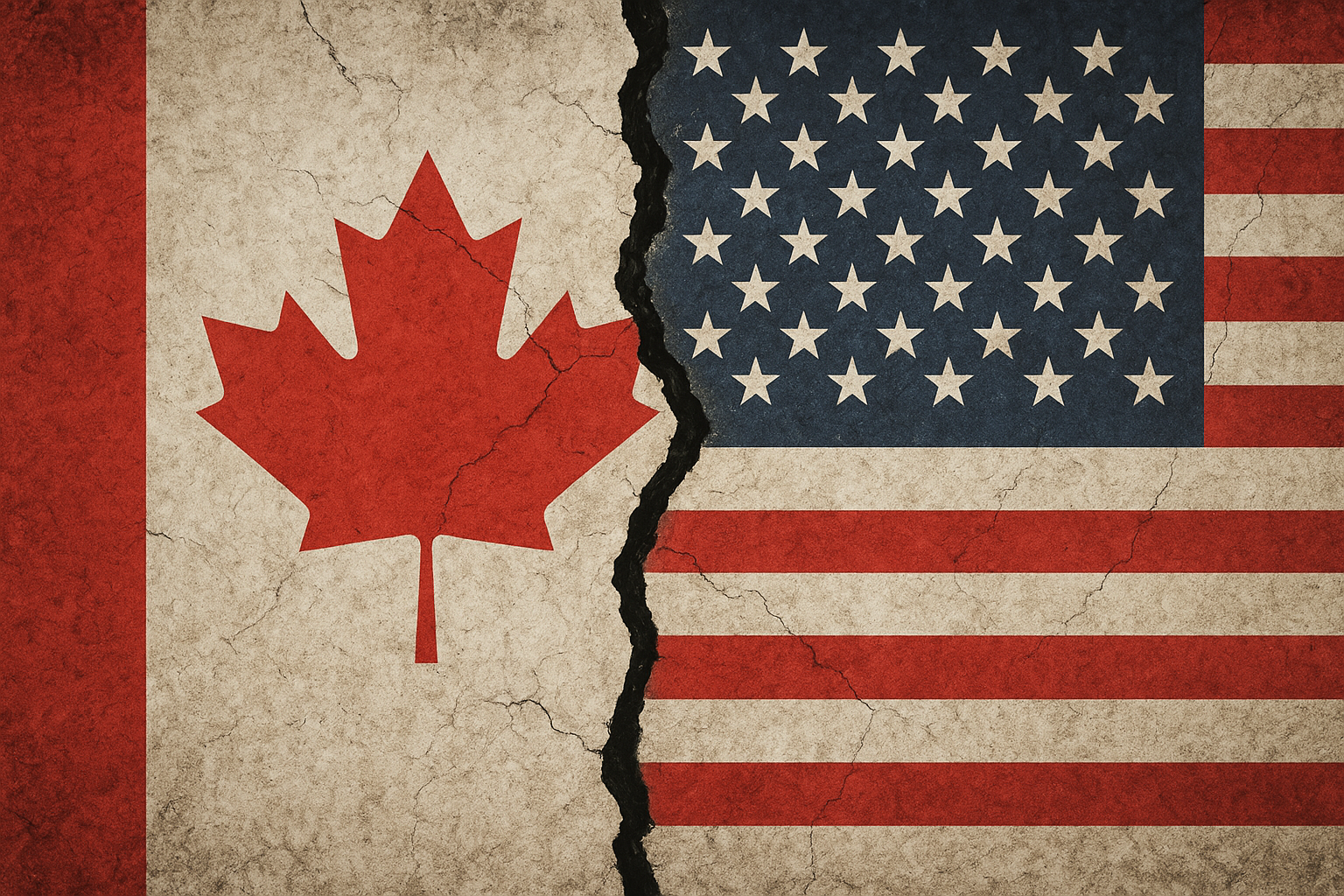In recent years, Canada’s confidence in the United States as a stable and trustworthy trade partner has started to waver. While the two nations have long shared one of the closest economic relationships in the world, a series of unpredictable political and policy decisions from the U.S. have raised serious concerns in Canada’s business and political circles.
1. Instability in U.S. Leadership and Trade Policy
Businesses thrive on stability — the ability to plan investments years in advance without fear of sudden political or regulatory changes. Unfortunately, recent years have shown that U.S. trade policy can shift dramatically depending on who is in charge or even based on personal political motives.
We’ve seen this before — tariffs imposed suddenly, not for economic reasons but as reactions to unrelated political disputes. These moves send a clear message to foreign investors and allies alike: U.S. trade commitments may not be as dependable as they once were.
2. The Hyundai Example: Billions Lost Due to Policy Whiplash
A perfect example of this instability can be seen in the recent Hyundai investment case. Hyundai had already spent around $2 billion out of a planned $5 billion to build a new factory in the United States. The facility was expected to create about 8,000 American jobs and bring major economic benefits to the region.
However, when U.S. immigration enforcement arrested 500 South Korean workers responsible for setting up the plant’s equipment, the entire operation came to a halt. Offended and frustrated, the South Korean team packed up and left. Now, that half-built facility sits idle — a stark reminder of how unpredictable U.S. policy decisions can destroy billions in investment and thousands of potential jobs overnight.
This kind of event doesn’t just hurt one company — it sends shockwaves through the entire international business community.
3. The Ripple Effect on Future Trade Deals
Looking ahead, this instability casts a dark shadow over future trade negotiations — particularly the 2026 review of the USMCA (United States–Mexico–Canada Agreement). Many in Canada worry that the U.S. will use the opportunity to impose steep tariffs on Canadian-made vehicles and other key exports.
If that happens, Canada will almost certainly respond with reciprocal tariffs on U.S. vehicles, bringing back a level of economic separation not seen since before the 1965 Auto Pact. Canadian car factories might once again produce “Canada-only” editions of vehicles, reducing consumer choice but ensuring economic independence.
4. The Bigger Picture: Stability Over Size
The core issue isn’t about size or power — it’s about reliability. A smaller but stable trading partner is often more valuable than a large but unpredictable one. As the U.S. continues to display erratic trade and immigration policies, countries like Canada are beginning to explore new trade partnerships and diversify away from heavy U.S. dependence.
In the long run, if the U.S. doesn’t restore predictability and trust in its economic policies, it risks losing not only billions in foreign investment but also its reputation as a global leader in fair, reliable trade.
